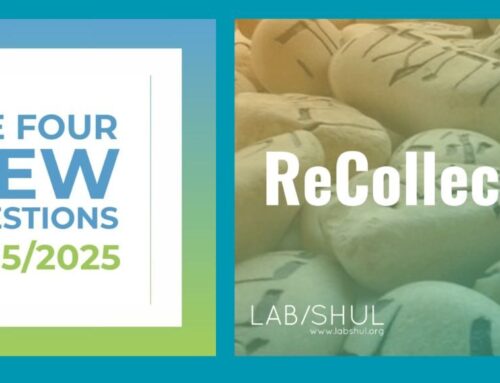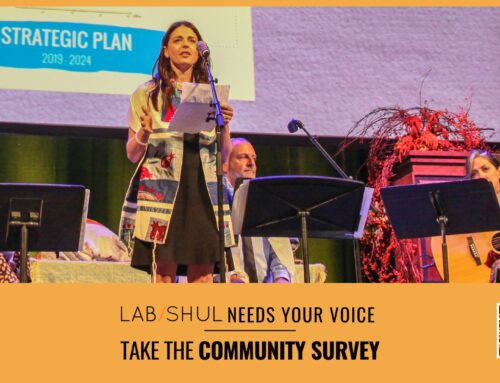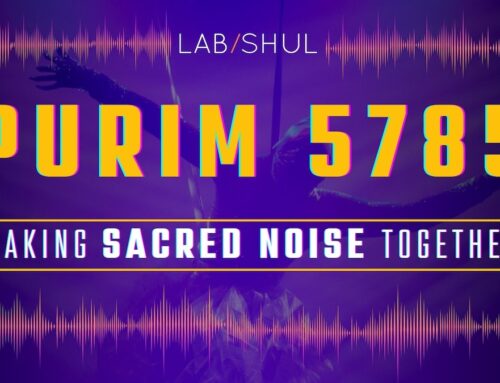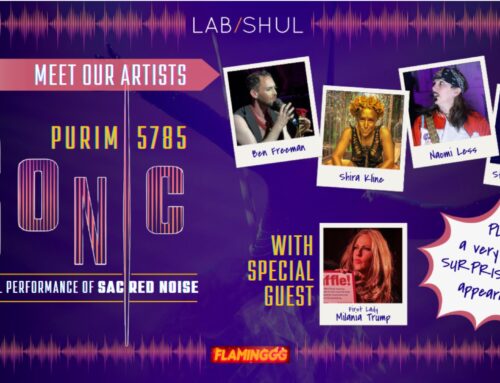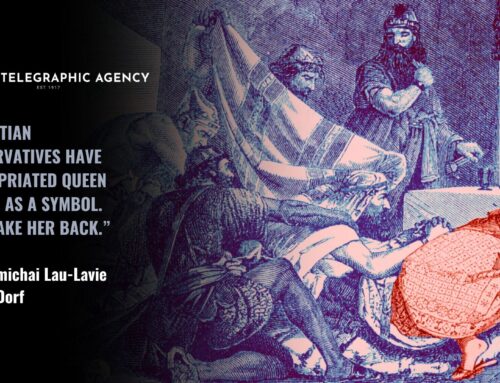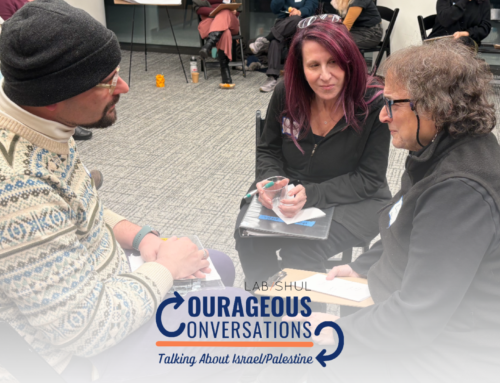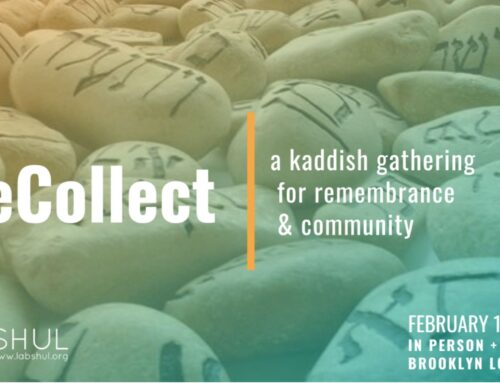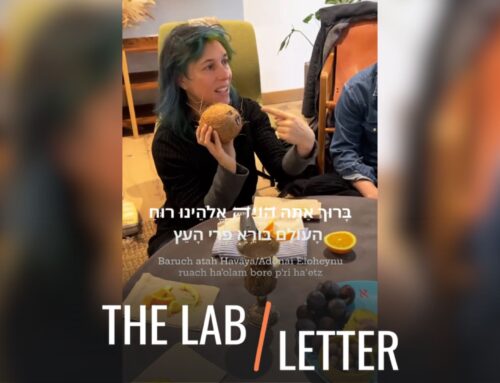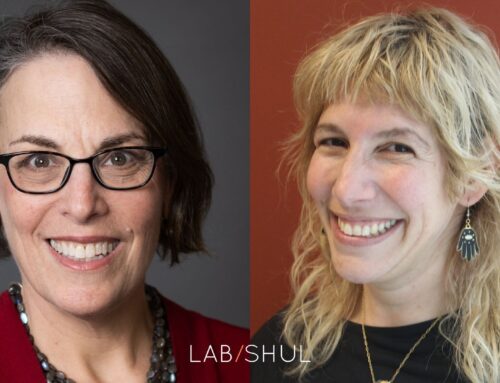Yesterday I thought a lot about this question as I joined hundreds of people in NYC’s Museum of Jewish Heritage, to mark the annual International Holocaust Remembrance Day, created by the UN on the day that saw the liberation of Auschwitz in 1945.
We were there for a moving Community Reading of Elie Wiesel’s ‘Night’.
I was honored to be one of the readers and artists who performed the novel for four hours. The part I was given, almost at the end, describes the arrival of young Wiesel, a teenager, with his dying father, at Buchenwald, the same Concentration Camp where my father was held prisoner at the same time. 
Shlomo Wiesel, Elie’s father, held by his grieving son, died of hunger and exhaustion on January 28th 1945. Yesterday, on the exact same date, 79 years later, the late Elie Wiesel’s son, Elisha, along with his own son Elijah, stood in the lobby of the museum to recite the Mourner’s Kaddish in their grandfather and great-grandfather’s memory. I got chills standing there, honored to be among the minyan – the quorum of people reciting Amen to this Kaddish, just minutes before going on stage to read aloud the last minutes of Shlomo Wiesel’s life. I stood there knowing that my role was to be echoing Elie Wiesel’s enduring message – Never Forget. Never Again.
I stood there yesterday thinking of the millions of murdered victims to whom Wiesel gave voice, among them many of my relatives. They were gassed, shot, died of hunger, abused and dehumanized, victims of a planned Genocide, silenced by cruel and callous disregard for human dignity, a supremacist plot that bred so much hurt and hate. So yes. Never Again.
What does this mean in 2024?
I am a proud Jew, an Israeli-American, a Queer peace activist with second-generation traumas and a heap of hurts that seek to heal, determined not give up on hope that will forge a path of peace, repair and reconciliation for Israelis and Palestinians, and for people torn by this rupture, everywhere.
Never Again for me, today, means never again for anyone. Only together can we survive and thrive.
It means making sure my family, the Jewish people, are protected and powerful, and it also means all people deserve life and protection, it means not using our pain to cause more pain in the world. It means moral responsibility to do all that can be done to ensure both Jewish survival and make sure all human life is honored and preserved, to do all that’s possible to protect all people’s claims for dignity and freedom, food justice and decency, a home and a hope. Never again means we are all equally sacred and held to the highest standards – by all, and for all.
I lift my voice up for an end to this violence and a brave new chapter for our people, with international support, with a negotiated bilateral ceasefire that would release the hostages, end the Israeli bombing of Gaza, stop Hamas’s missile attacks on Israel, allow sufficient humanitarian aid into Gaza to prevent hunger, and bring an end to the war as soon as possible.
I’m grateful for the opportunity of remembrance and raising up of hope on this and every day that offers us a chance for lives of love.
May all memories be blessings.
The Mourners Kaddish ends with a prayer for peace, and this is our Lab/Shul version:
May the Source of Peace inspire us to make peace
for ourselves, for our community,
and for all the people on earth.
And let us say, Amen.

